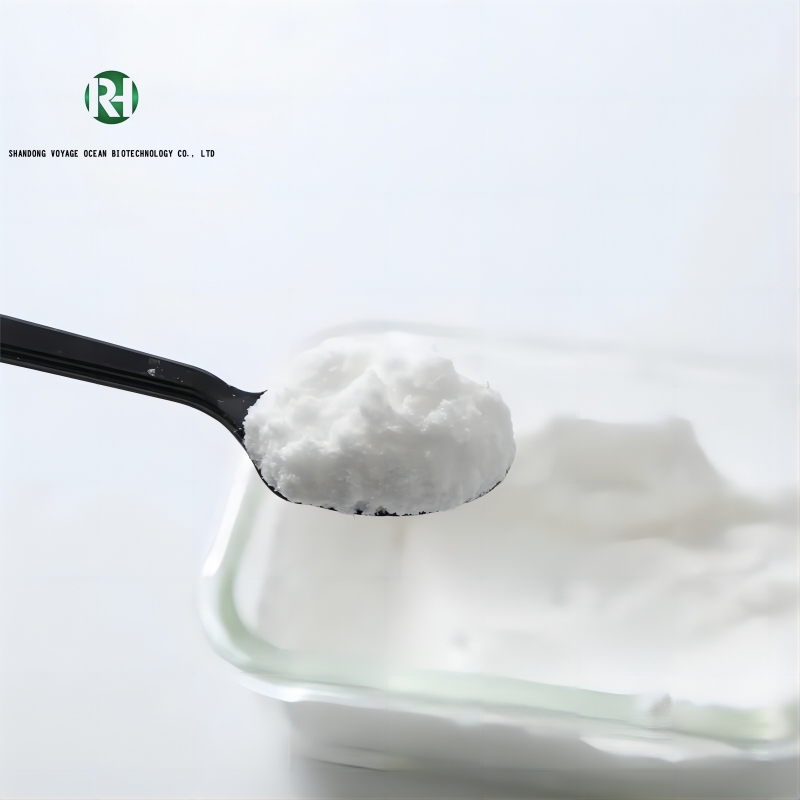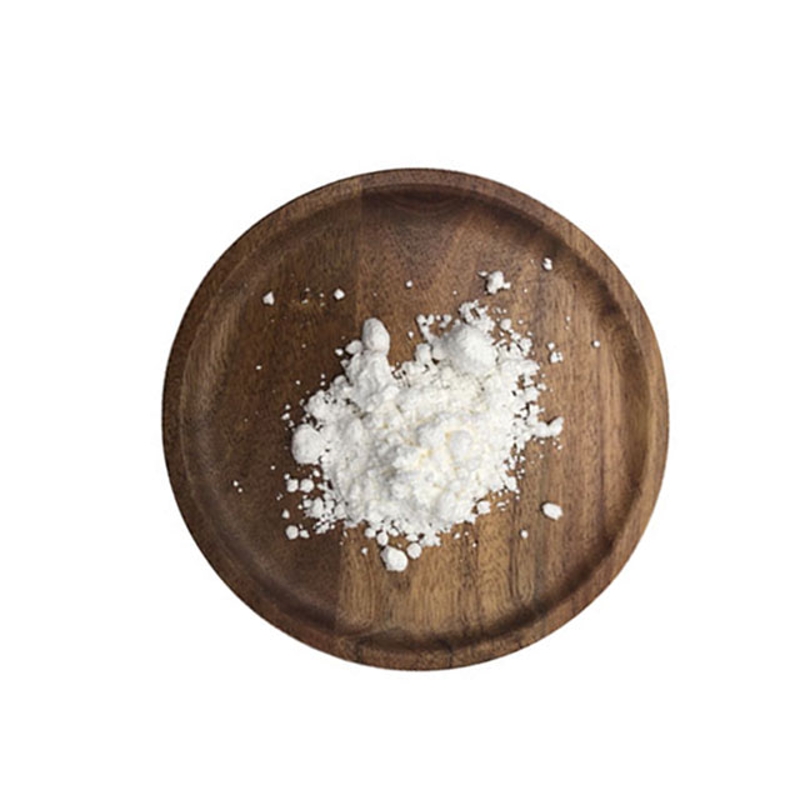The latest law of the people's Republic of China on prevention and control of water pollution was implemented on January 1, 2018, including feed and livestock
-
Last Update: 2017-06-29
-
Source: Internet
-
Author: User
Search more information of high quality chemicals, good prices and reliable suppliers, visit
www.echemi.com
Decree of the President of the of the People's Republic of China No
70 the Decision of the Standing Committee of the National People's Congress on the Amendment of <中华人民共和国水污染防治法> was adopted by the 28th Session of the Standing Committee of the 12th National People's Congress of the People's Republic of China on June 27, 2017 and is hereby promulgated, effective January 1, 2018
President of the People's Republic of China Xi Jinping June 27, 2017 the full text of eight chapters and 103 articles, there are not many? The regulations relating to animal husbandry have been compiled:
1, scope of application: Article 2 This Law applies to the prevention and control of pollution of surface water bodies such as rivers, lakes, canals, channels, reservoirs and groundwater bodies within the territory of the People's Republic of China
2, River Long System: the fifth province, city, county, township to establish a long-term system of rivers, graded organizations to lead the administrative area of rivers and lakes of water resources protection, water shore line management, water pollution prevention and control, water environmental management and other work
3, responsibility system and assessment system: Article 6 The State implements the system of responsibility and evaluation of water environmental protection objectives, and takes the completion of water environmental protection objectives as the content of the assessment and evaluation of local people's governments and their responsible persons
4, Management: . Article 9 The competent department of environmental protection of the people's government at or above the county level shall carry out unified supervision and management over the prevention and control of water pollution
the maritime administrative department of the and transportation authorities shall supervise and manage the prevention and control of polluted waters by ships
the water administration, land and resources, sanitation, construction, agriculture, fisheries and other departments of the people's governments at or above the county level, as well as the water resources protection institutions in the basins of important rivers and lakes, shall, within their respective areas of responsibility, supervise and manage the prevention and control of water pollution
5, emission standards: . Article 10 The discharge of water pollutants shall not exceed the standards for the discharge of water pollutants and the total control targets for the discharge of key water pollutants as prescribed by the state or local authorities
6, the establishment of standards department: . Article 12 The competent department of environmental protection under the State Council shall formulate national quality standards for water environment
the people's governments of provinces, autonomous regions and municipalities directly under the Central Government may formulate local standards for projects not specified in the quality standards for the national water environment, and report them to the competent department of environmental protection under the State Council for the record
7, sewage permits: Article 21 The direct or indirect discharge of industrial wastewater and medical sewage into water bodies, as well as other waste water and sewage enterprises and other production operators that shall obtain sewage permits in accordance with the provisions, shall also obtain sewage permits; Sewage permits shall specify the types, concentrations, totals and discharge requirements for water pollutants
The specific measures for sewage permits shall be prescribed by the State Council
prohibit enterprises and institutions and other production operators from dischargeing waste water and sewage from the water bodies as stipulated in the preceding paragraph without sewage permits or in violation of the provisions of sewage permits
8, prohibited discharge of liquids: . Article 33 It is prohibited to discharge oil, acid, lye or highly toxic waste liquid into water bodies
the cleaning of vehicles and containers containing oil or toxic pollutants in water bodies is prohibited
Article 34 of the prohibits the discharge or dumping of radioactive solid waste or waste water containing highly radioactive and medium-radioactive substances into water bodies
discharge of waste water containing low-level radioactive substances into water bodies shall comply with the provisions and standards of the State on the prevention and control of radioactive pollution
Article 35 of the , when releasing heat-containing wastewater into water bodies, measures shall be taken to ensure that the water temperature of the water bodies conforms to the quality standards of the water environment
article 36 Sewage containing pathogens shall be disinfected and disposed of; Article 37 of the prohibits the discharge or dumping of industrial waste, municipal waste and other waste slag into water bodies
prohibit the discharge, dumping or direct burial of soluble highly toxic waste residuecontaining mercury, cadmium, arsenic, chromium, lead, cyanide, yellow phosphorus, etc
into the water body
places where soluble highly toxic waste residue is stored shall be subject to waterproofing, leakage prevention and loss prevention measures
9, livestock farming related: . Article 56 The State shall support livestock and poultry farms and breeding communities in the construction of comprehensive utilization or harmless treatment facilities for livestock and poultry droppings and waste water
livestock and poultry farms and breeding communities shall ensure the normal operation of their livestock and poultry droppings, waste water and harmless treatment facilities, and ensure the discharge of sewage to the standard, so as to prevent pollution of the water environment
The people's governments at the counties and townships where the areas where livestock and poultry are located in the denseareas of shall organize the collection and centralized treatment and utilization of the sewage from livestock and poultry
Article 57 Aquaculture shall protect the ecological environment of the waters, scientifically determine the density of aquaculture, reasonably bait and use drugs to prevent pollution of the water environment
article 58 The water used for irrigation of farmland shall meet the corresponding water quality standards and prevent contamination of soil, groundwater and agricultural products
prohibit the discharge of industrial waste water or medical sewage into irrigation channels
Where municipal sewage and non-comprehensive use of livestock and poultry aquaculture wastewater and agricultural products process wastewater are discharged into the irrigation channels of farmland, the water quality of the nearest irrigation water collection point downstream shall be ensured that the water quality of the nearest irrigation water collection point in the lower reaches of the farmland meets the standards of irrigation water quality of the farmland
Article 65 of the prohibits the construction, alteration and expansion of construction projects not related to water supply facilities and the protection of water sources in a protected area at the level of drinking water sources; prohibit cage farming, tourism, swimming, fishing or other activities that may contaminate drinking water bodies in protected areas at the level of drinking water sources
article 66 of the prohibits the construction projects that build, renovate or expand the discharge of pollutants in the secondary protected areas of drinking water sources; the construction projects that have been completed for the discharge of pollutants shall be ordered by the people's governmentat or above the county level to be dismantled or closed
engagein in activities such as cage farming and tourism in the secondary protected areas of drinking water sources, measures shall be taken to prevent pollution of drinking water bodies in accordance with the provisions
10, on the relevant regulations on hazardous chemicals (may be related to feed plants): Article 77 Enterprises and institutions that may have water pollution accidents shall formulate contingency plans for water pollution accidents, make emergency preparations, and conduct regular exercises
Enterprises and institutions that produce and store hazardous chemicals shall take measures to prevent the discharge of fire-fighting waste water and waste liquid directly into the water body in the course of dealing with accidents in safe production
11
On penalties: If article 91 of the commits one of the following acts, the competent department of environmental protection of the local people's government at or above the county level shall order the suspension of the illegal act and impose a fine of not less than 100,000 yuan and 500,000 yuan; (2) building, reconstructing or expanding the construction projects that emit pollutants in the secondary protected areas of drinking water sources; (3) Build or expand construction projects that are seriously polluting water bodies in quasi-protected areas of drinking water sources, or to increase the amount of sewage discharges in reconstruction and construction projects
where a engages in cage farming or organizes tourism, fishing or other activities that may contaminate drinking water bodies in a protected area of drinking water sources, the competent department of environmental protection of the local people's government at or above the county level shall order it to stop the illegal act and impose a fine of not less than 20,000 yuan and 100,000 yuan
If an individual swims, fishs or engages in other activities that may pollute the drinking water body in a protected area at the level of drinking water sources, the competent department of environmental protection of the local people's government at or above the county level shall order the cessation of the illegal act and may impose a fine of not more than 500 yuan
Annex of the : The full text of the Law of the People's Republic of China on the Prevention and Control of Water Pollution
www.feedtrade.com.cn/policy/standard/2017-06-29/1985057.html .
This article is an English version of an article which is originally in the Chinese language on echemi.com and is provided for information purposes only.
This website makes no representation or warranty of any kind, either expressed or implied, as to the accuracy, completeness ownership or reliability of
the article or any translations thereof. If you have any concerns or complaints relating to the article, please send an email, providing a detailed
description of the concern or complaint, to
service@echemi.com. A staff member will contact you within 5 working days. Once verified, infringing content
will be removed immediately.







